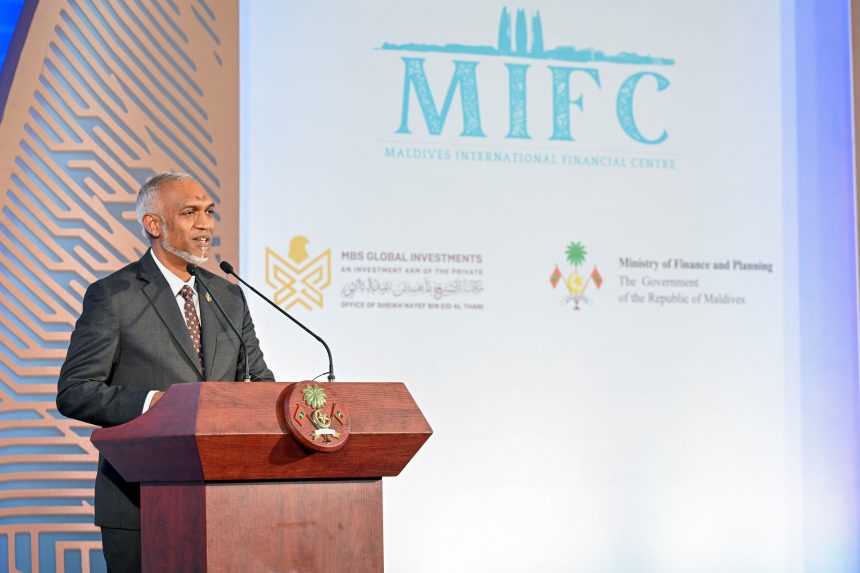The Maldives is advancing its global tourism appeal by designating select islands solely for halal tourism development, accompanied by attractive incentives for investors. President Dr. Mohamed Muizzu formally announced the initiative via his official X account, highlighting it as a strategic evolution of the nation’s renowned sustainability and hospitality standards into Sharia-compliant travel.
President Muizzu stated that the designated islands will be reserved for developments adhering to halal principles—offering halal-certified food, gender-segregated amenities, and prayer facilities—while investors will benefit from regulatory and financial perks. The Ministry of Tourism and Environment will unveil full details next week, including specific locations, incentive packages, and implementation timelines.
This move positions the Maldives to tap into the booming global halal tourism market, which is projected to grow from approximately USD 286 billion in 2024 to nearly USD 302 billion by 2025, with further expansion to between USD 410 and 548 billion by 2032–2035. Halal tourism caters to Muslim travelers by providing faith-aligned services—from food and prayer to culturally sensitive leisure options—across accommodation, transport, and activities.
The Maldives has previously explored halal tourism concepts; a 2017 government plan envisioned leasing islands and creating Sharia-compliant financial schemes, though projects stalled . This renewed effort reflects a broader policy thrust under President Muizzu’s administration, which has included merging tourism and environment sectors, and demonstrating sovereignty through measures such as banning entry to Israeli citizens and announcing stronger Islamic holiday observances .
Tourism currently contributes around 30% of Maldives’ GDP, and the country saw a strong influx of over 2 million arrivals in the first months of 2025 . Expanding into halal tourism aligns with global growth trends and appeals to increasingly faith-focused tourist cohorts, particularly from the Middle East, Southeast Asia, and South Asia.
Investors and stakeholders await Ministry of Tourism and Environment announcement, expected next week, which will clarify candidate islands, financial incentives, and partnership frameworks. As the Maldives evolves its brand from luxury ecotourism to inclusive, faith-aligned experiences, this initiative signals a significant step toward diversifying and deepening its tourism offerings.




